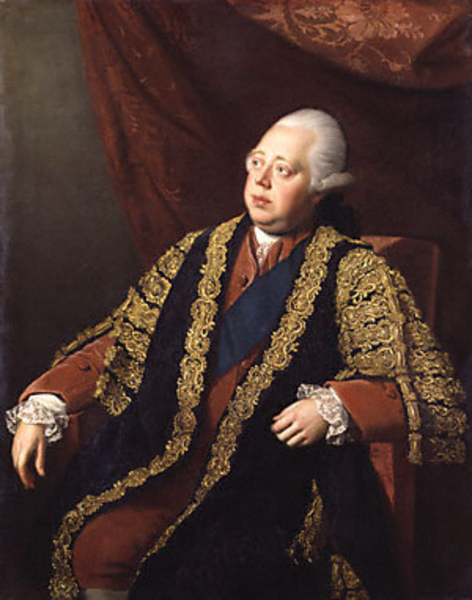Selectively redacting Weinstein’s words, O’Hare’s entire poem reads: “I came of age in a culture of demons I respect more than women.”
Do her words have even more power in doing this because she's using Weinstein's actual words against him?
Selectively redacting Weinstein’s words, O’Hare’s entire poem reads: “I came of age in a culture of demons I respect more than women.”
Do her words have even more power in doing this because she's using Weinstein's actual words against him?
Art by O’Hare and Bell highlight - both visually and conceptually - the dialogic quality of annotation expressing power.
While I'm reading this, I can't help but wishing that Hypothes.is would add a redaction functionality to their product. They could potentially effect it by using the highlighter functionality, but changing the CSS to have the color shown be the same as that of the (body) text instead of being yellow.
I’ve actively participated in a revisionist sort of annotation that is part redaction/part revision in that I have gone through digital copies of some children’s books and in cases where it didn’t matter if the main character was male, I would actively use book editing software to make all the lead characters female for the sake of reading to girls. Often I’ve done this while reading out loud, but around the 1st/2nd grade level when children begin to read for themselves, physical annotations/revisions are required.
Both artists, through annotation, have produced new forms of public dialogue in response to other people (like Harvey Weinstein), texts (The New York Times), and ideas (sexual assault and racial bias) that are of broad social and political consequence.
What about examples of future sorts of annotations/redactions like these with emerging technologies? Stories about deepfakes (like Obama calling Trump a "dipshit" or the Youtube Channel Bad Lip Reading redubbing the words of Senator Ted Cruz) are becoming more prevalent and these are versions of this sort of redaction taken to greater lengths. At present, these examples are obviously fake and facetious, but in short order they will be indistinguishable and more commonplace.
several
The American edition specifies six million people, the population of the 13 American colonies at the time of the Revolution. It is unclear why Almon made this change.
and set us at variance with nations, who would otherwise seek our friendship, and against whom we have neither anger nor complaint.
This sentence was added by the British printer. It does not appear in the American edition. Why might Almon have added this? What does it do to the effect of the previous statement? Find out more in the essay, "Holes in the Cloth: What Got Left Out of the British Edition of Common Sense?"
I rejected the hardened, sullen tempered Pharoah of England forever; and disdain the wretch, that with the pretended title of FATHER OF HIS PEOPLE canunfeelingly hear of their slaughter, and composedly sleep with their blood upon his soul.
What consequences might printer J. Almon have faced if he left this line in his publication? Find out in the essay, "Holes in the Cloth: What Got Left Out of the British Edition of Common Sense?"
The removal of N——,
Frederick North, 2nd Earl of Guilford, also known as Lord North, was Prime Minister of Great Britain from 1770-1782. He was the chief architect of the Intolerable Acts, or the Coercive Acts, which closed the port of the city of Boston in response to the Boston Tea Party in 1773. North's policies infuriated the colonists, who blamed him for the whole kerfuffle.
Learn about why Almon did not print North's full name in the essay, "Holes in the Cloth: What Got Left Out of the British Edition of Common Sense?"

like the Royal Brute of Great Britain.
Find out why this line was blocked out in the interpretive essay, "Holes in the Cloth: What Got Left Out of the British Edition of Common Sense?"
and fatal
Why do you think the publisher removed "fatal," but not "dangerous"?
usurpation
The printer redacted "usurpation" to avoid accusations of treason in calling the king or parliament usurpers--those who seized their office or power by force or without legal right.
combination,
Why is this word missing from the document? The British printer left out the word "combination" from the original text because he was trying to hide that Thomas Paine had blamed the combination of the king and parliament abusing their power as the cause of the people's oppression.
and
This large blank space appears in the first American edition of Common Sense as well.